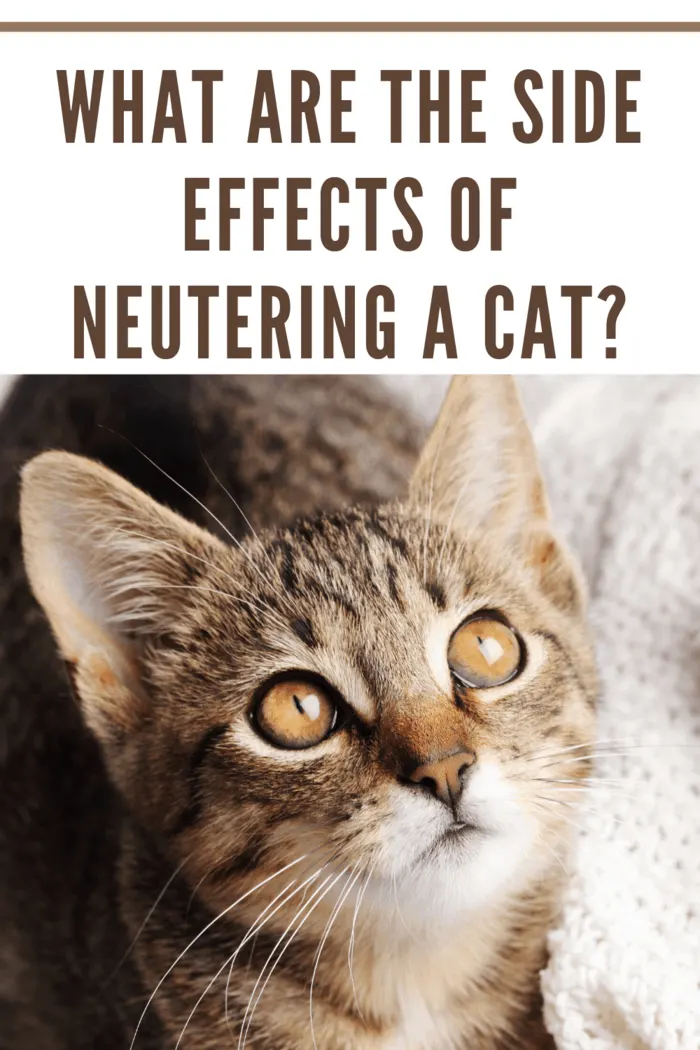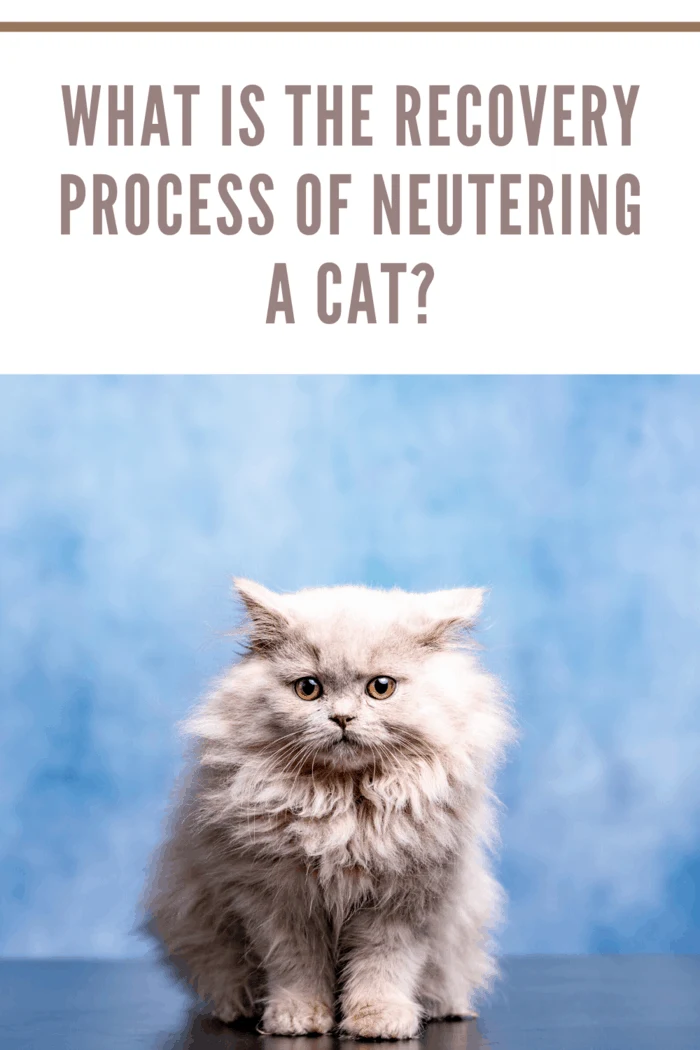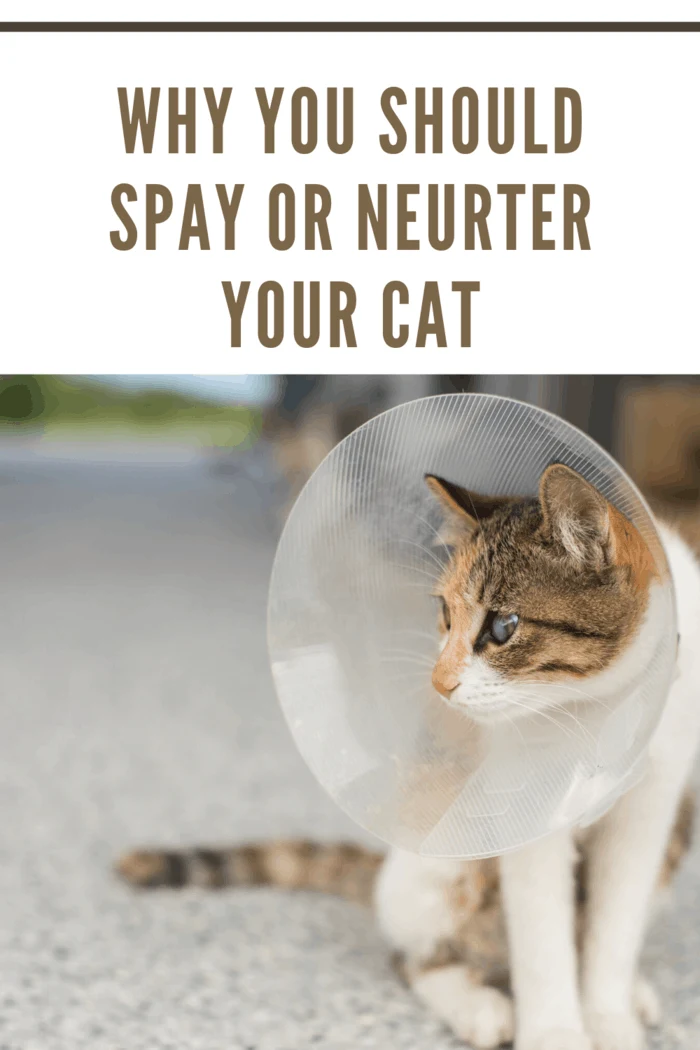The Side Effects of Neutering a Cat: What You Need to Know
Neutering a cat is often seen as a responsible choice for pet owners. The benefits of neutering are clear: it helps control the cat population, reduces aggressive behavior, and contributes to a healthier, longer life for your feline friend. But it’s essential to understand the full picture before making the decision, including some potential side effects. I’ve been there with my own pets, and here’s what you need to know.

The Journey to a Healthier Cat
For many of us, making the decision to neuter our cats feels like a huge leap toward ensuring their well-being. I still remember the first time I brought my cat to the vet for this procedure. It was a crisp autumn day in October, and I had a million questions. While the benefits—like preventing unwanted kittens and reducing territorial marking—seemed clear, I found myself curious (and a bit nervous) about the side effects. Now, having gone through it, I’m here to share what I’ve learned.
What is Neutering?
To clarify, neutering refers to the removal of a male cat’s testicles, whereas spaying is the removal of a female cat’s reproductive organs. While the procedure is common, understanding what happens after your cat comes home is crucial. Let’s dive into the potential side effects you should be prepared for.
The Recovery Process: What to Expect
The recovery period after neutering can be a little nerve-wracking. When I brought home my own furball, Max, after his neutering, I could tell he was confused and a bit groggy from the anesthesia. Your cat may exhibit similar behaviors—extra sleepiness and a general sense of disorientation. Don’t worry, it’s completely normal.
The first 24 to 72 hours are critical. During this time, it’s possible your cat may experience:
- Dehydration
- Loss of appetite
- Vomiting or nausea
- Lethargy
- Swelling near the suture site
These symptoms, though concerning, are typically short-lived. Max was back to his energetic self in just a few days. It’s important to keep a close eye on your kitty, but also to trust the process—it’s part of healing.

Weight Gain: A Real Concern
One of the most common side effects of neutering is weight gain. Before neutering, unspayed or unneutered cats often expend lots of energy searching for a mate. Once they’re neutered, this urge disappears, and they might become less active. Without this energy expenditure, cats are more likely to put on a few pounds.
When Max started to pack on the pounds, I turned to my vet for advice. Together, we worked out a new diet plan with reduced calories, and I made sure to engage him in daily play sessions. If you’re concerned about your cat’s weight after neutering, chat with your vet about adjusting their food intake.
Less Activity: How to Keep Your Cat Engaged
In addition to weight gain, you might notice your cat becoming less active after neutering. Max used to roam around the house non-stop, but after the surgery, his favorite new hobby became lounging in the sunlight. While it’s cute, it’s also important to keep your cat engaged to prevent them from becoming sedentary.
I found success by introducing a few interactive toys and dedicating time each day to play with him. It took some effort, but keeping him mentally and physically stimulated has helped maintain his overall health.
Urinary Incontinence: What You Should Know
Although rare, urinary incontinence can occur after neutering. This is something that developed with one of my older cats later in life. Age, combined with the effects of neutering, can sometimes lead to weak bladder muscles, causing leaks.
If your cat experiences issues with urination after surgery, or even years down the line, don’t hesitate to contact your vet. They can help you manage the issue, whether it’s through medication or lifestyle adjustments.

Bladder Infections: Preventive Care
One thing I learned the hard way is that neutering can increase the risk of bladder infections, especially if your cat tends to sit in damp or dirty areas. Max developed a minor infection around the incision site, but fortunately, it cleared up with antibiotics. To prevent infections, I recommend keeping a close watch on your cat’s hygiene post-surgery and ensuring they stay dry.
Increasing water intake and opting for wet food can also help prevent urinary issues. It’s a simple change that can make a big difference.
Internal Bleeding: Rare but Serious
While it’s rare, internal bleeding is a potential risk after neutering. If your cat shows signs of pale gums, a distended abdomen, or extreme lethargy, consult your vet immediately. Although Max never experienced this, I was always on the lookout, just in case.
Caring for Your Cat After Neutering
Your role as a caretaker post-surgery is crucial. Here are a few tips I picked up along the way:
- No food for the first 24 hours: Give your cat’s system time to flush out the anesthesia before introducing food.
- Check the wound daily: Ensure there’s no excessive swelling, bleeding, or signs of infection.
- Restrict activity: I kept Max inside for at least a week to prevent any unnecessary stress or strain on the incision.
- No baths: Skip the water until your cat has fully healed.
Bottom Line: Is Neutering Worth It?
From my experience, the benefits of neutering far outweigh the risks. Yes, there may be some side effects, but with proper care and attention, they’re usually manageable. Max is now healthier, happier, and more peaceful—plus, the worry of him adding to the local kitten population is long gone.
Ready to Neuter Your Cat?
If you’re thinking about neutering your cat and want to ensure a smooth recovery, consider investing in some helpful post-op care products. Check out my recommended items on Amazon to make your cat’s transition easier. Have any questions or personal experiences to share? Let me know in the comments below! I’d love to hear your thoughts.
Learn more about the most common illnesses in cats.
